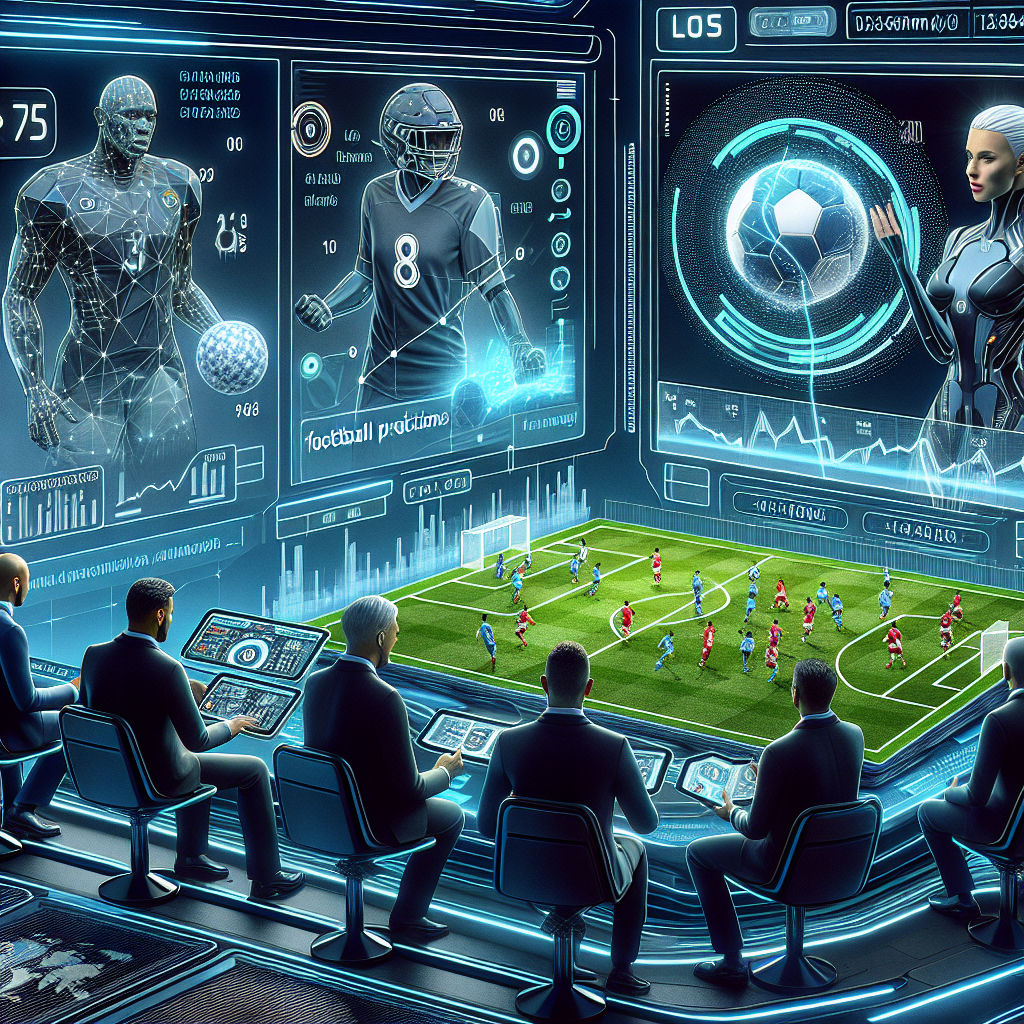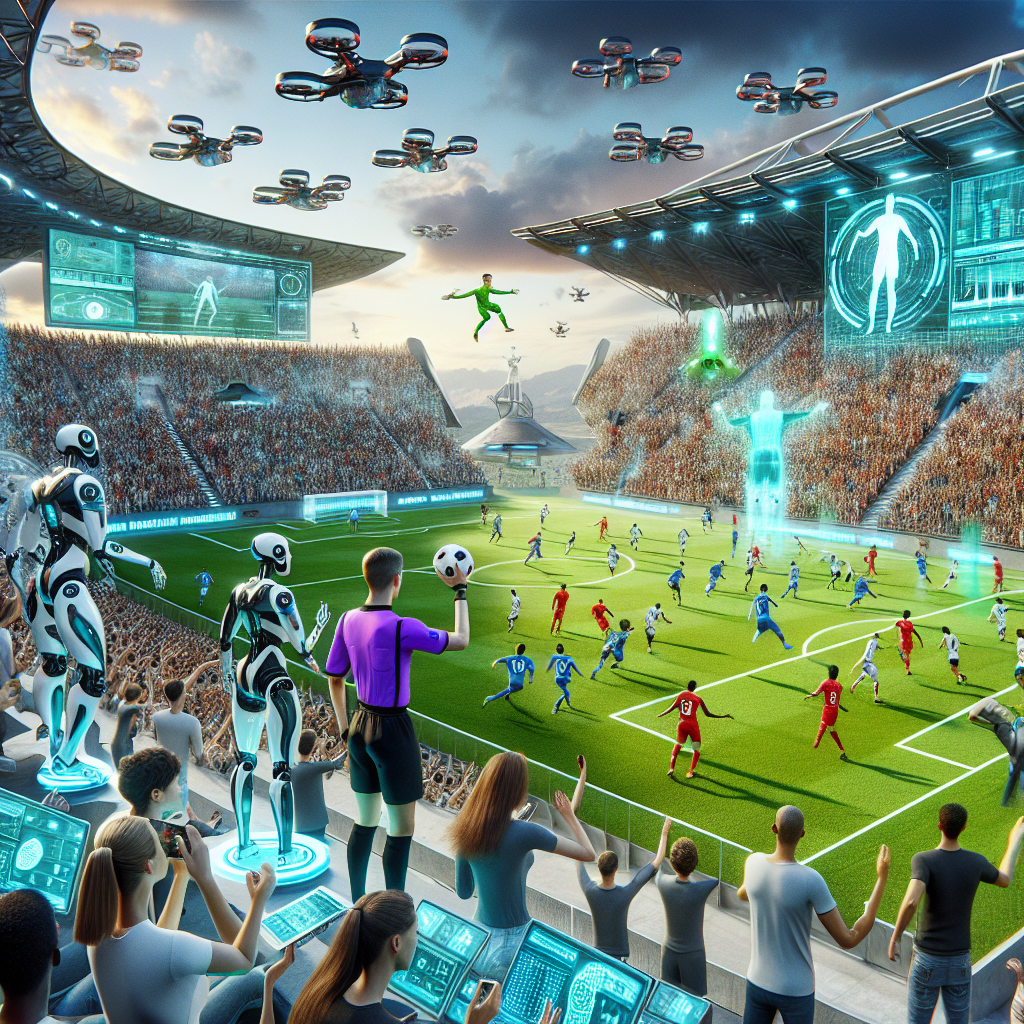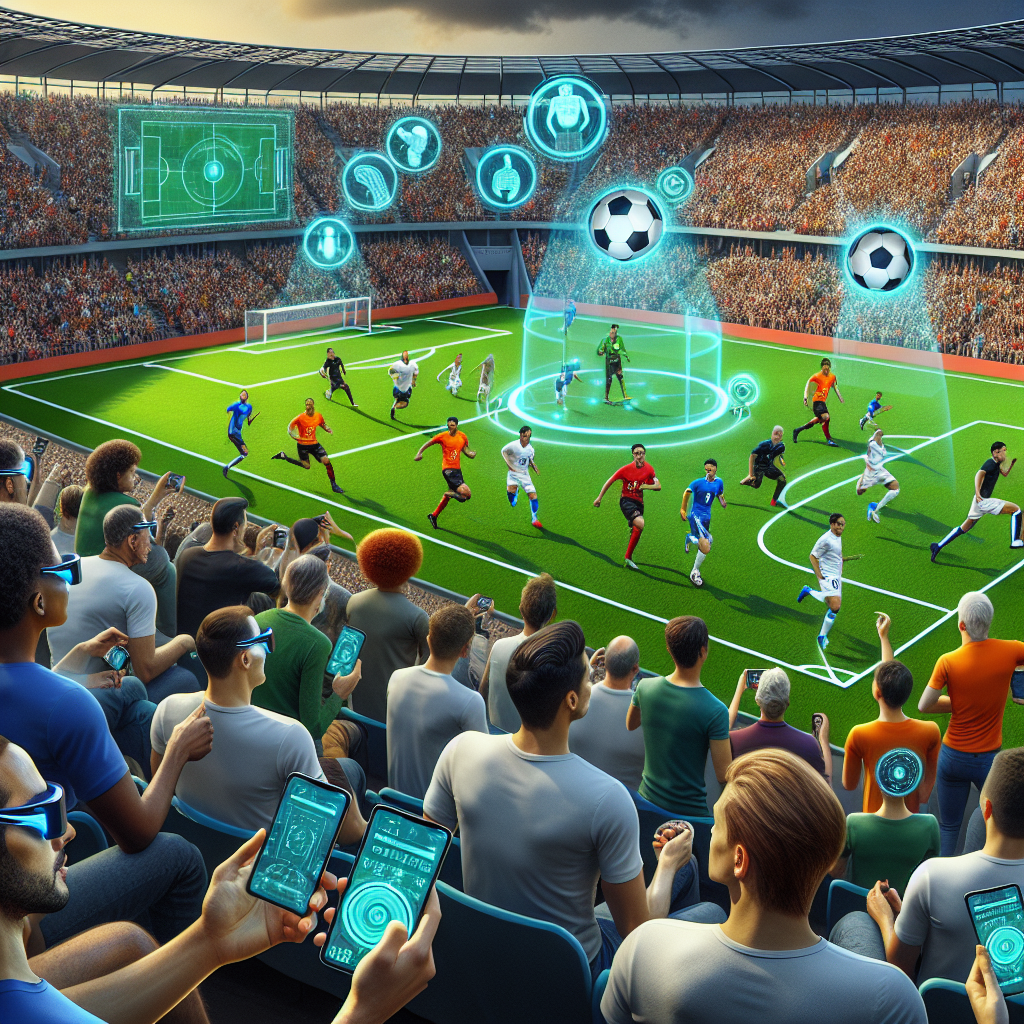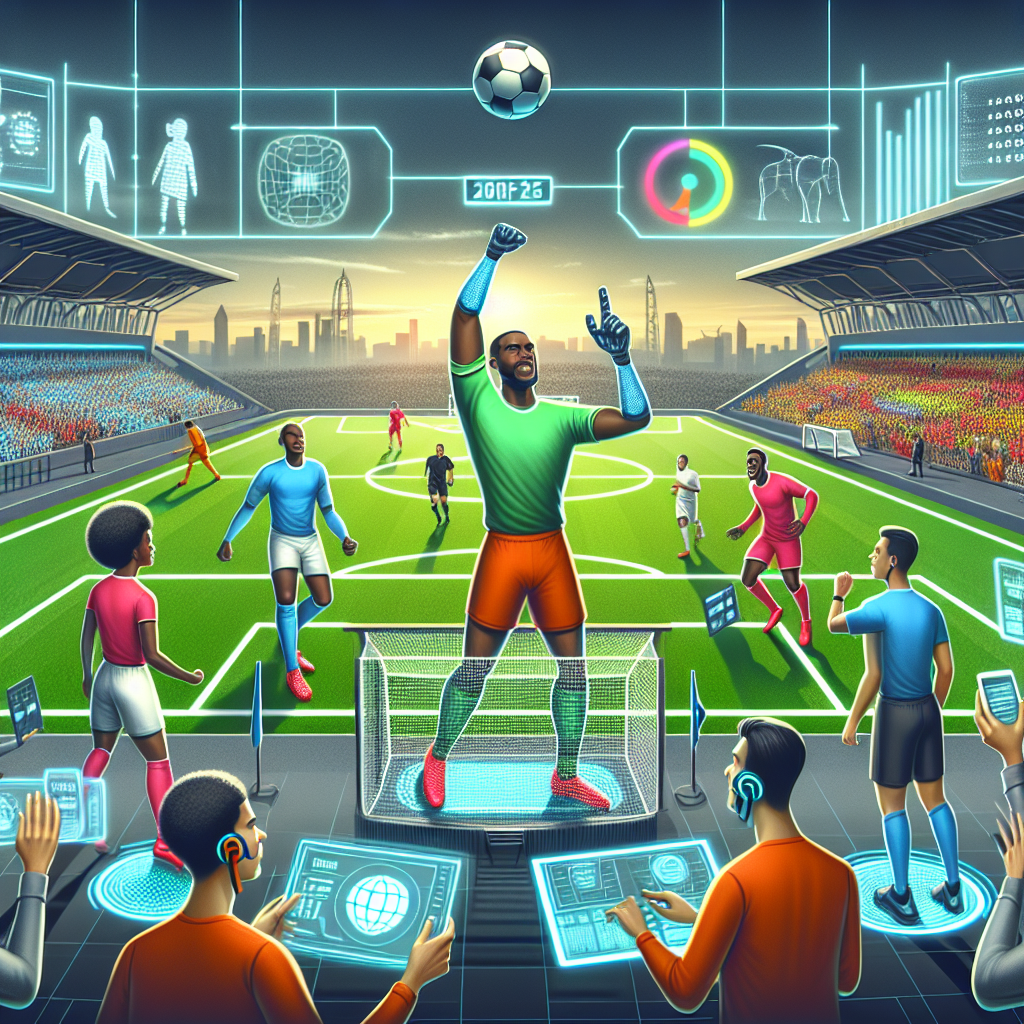Exploring the Evolution of Football Predictions in 2025
As we delve deeper into the 21st century, the beautiful game of football continues to evolve, and with it, the art and science of football predictions have undergone a significant transformation. The year 2025 has brought us to a new pinnacle of predictive analytics, harnessing the power of advanced technologies and data analysis. In this article, we will explore the latest trends and methodologies that have reshaped football predictions, making them more accurate and integral to the sport than ever before.
The Rise of AI in Football Predictions
Artificial intelligence (AI) has taken the center stage in transforming how football predictions are made. Sophisticated machine learning algorithms are now capable of analyzing vast datasets, which include player performance statistics, team dynamics, and even real-time match data. This allows for predictions that are not just based on past performances but also on nuanced aspects of the game, such as player morale and weather conditions.
Big Data's Impact on Predictive Analytics
The proliferation of big data in football has enhanced the predictive capabilities of analysts. By collecting data points from various sources, including social media sentiment, player fitness trackers, and in-game positional data, experts can create complex models that predict outcomes with astonishing accuracy. The integration of IoT devices and advanced tracking systems in stadiums has further enriched the data pool, offering insights that were previously impossible to obtain.
Personalized Prediction Platforms
As personalization becomes the norm across industries, football prediction platforms have not been left behind. In 2025, fans can access personalized prediction services that cater to their preferences and biases. These platforms consider a user's favorite teams, historical match outcomes, and even their betting habits to deliver tailored predictions, thereby enhancing the user experience and engagement.
Virtual Reality and Predictive Scenarios
Virtual reality (VR) technology has opened up new possibilities in the realm of football predictions. Fans and analysts alike can now simulate matches in a virtual environment, playing out different scenarios and strategies to predict match outcomes. This immersive technology not only provides a unique perspective on the game but also aids in more accurate predictions by factoring in strategic decision-making.
The Role of Social Media and Fan Engagement
Social media continues to play a pivotal role in shaping football predictions. The sentiments and opinions expressed by fans on platforms like Twitter and Facebook are now analyzed using sentiment analysis tools, providing an additional layer of data for predictive models. Fan engagement through social media can also sway predictions by highlighting potential morale boosts or pressures on teams and players.
Enhanced Betting Experiences with Predictive Insights
The betting industry has been one of the primary beneficiaries of enhanced football predictions. In 2025, bettors have access to real-time predictive insights that inform their betting decisions, leading to a more strategic and informed betting experience. These insights are derived from a combination of AI analysis, crowd wisdom, and expert opinions, delivering a comprehensive view of potential match outcomes.
Conclusion
The landscape of football predictions in 2025 is more dynamic and technologically driven than ever before. The integration of AI, big data, personalized platforms, VR, and social media insights has not only improved the accuracy of predictions but has also enriched the overall experience for fans and stakeholders in the football ecosystem. As these technologies continue to advance, we can expect even more innovative approaches to emerge, further revolutionizing the way we anticipate the flow and outcome of football matches.
Keywords
football predictions, artificial intelligence, machine learning, big data, predictive analytics, personalized prediction services, virtual reality, social media sentiment, betting insights, IoT devices, advanced tracking systems, real-time match data, player performance statistics, team dynamics, strategic betting.




